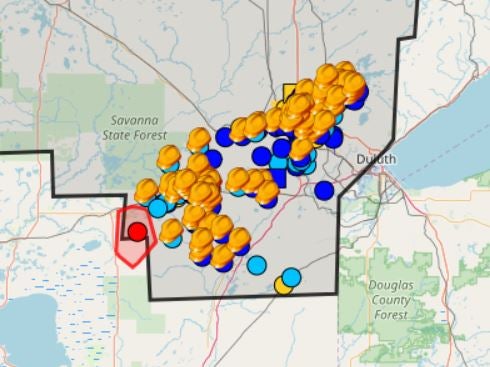The Growing Concern of Power Outages in Canada

Introduction
Power outages are becoming increasingly common across Canada, affecting millions of Canadians each year. These disruptions not only impact daily life but can pose serious safety risks and economic loss. Understanding the causes of power outages and how to adequately prepare for them is crucial for individuals and businesses alike.
Recent Trends in Power Outages
According to recent reports from the Canadian Electricity Association, the number of power outages increased significantly in 2022, with more than 1.4 million outages experienced nationwide. The primary causes of these outages include severe weather, infrastructure failures, and wildlife interactions. As climate change continues to intensify, severe weather events, including storms, heavy snowfall, and high winds, have become more frequent and severe, leading to widespread outage situations.
Impact on Communities
The impact of power outages on communities can be severe. In urban areas, outages can disrupt public services, including hospitals, transportation systems, and communication networks. For instance, in Ontario, a recent ice storm caused widespread outages affecting over 800,000 residents, leading to dangerous conditions on the roads and emergency services being stretched thin. Rural regions, which may experience outages due to less robust infrastructure, often face additional challenges, including prolonged restoration times and limited access to alternative resources.
Preparation and Response
Preparation is key to minimizing the disruption and danger of power outages. The government encourages residents to create emergency plans that include sufficient non-perishable food, water, and necessary medications. Homeowners are advised to invest in backup power solutions, such as generators, to maintain essential functions during lengthy outages. On a community level, municipal governments are exploring more robust infrastructure and better emergency response systems to handle outages more efficiently.
Conclusion
As power outages become an inevitable part of life for many Canadians, understanding their causes and impacts is essential for preparedness. With rising concerns over climate change and aging infrastructure, communities must remain vigilant and proactive in response planning. By taking measures to prepare for potential outages, individuals and families can mitigate risks and ensure safety even in uncertain times. Residents can also advocate for investment in infrastructure improvements, aiming for a more resilient electric grid that can withstand the tests of nature.









